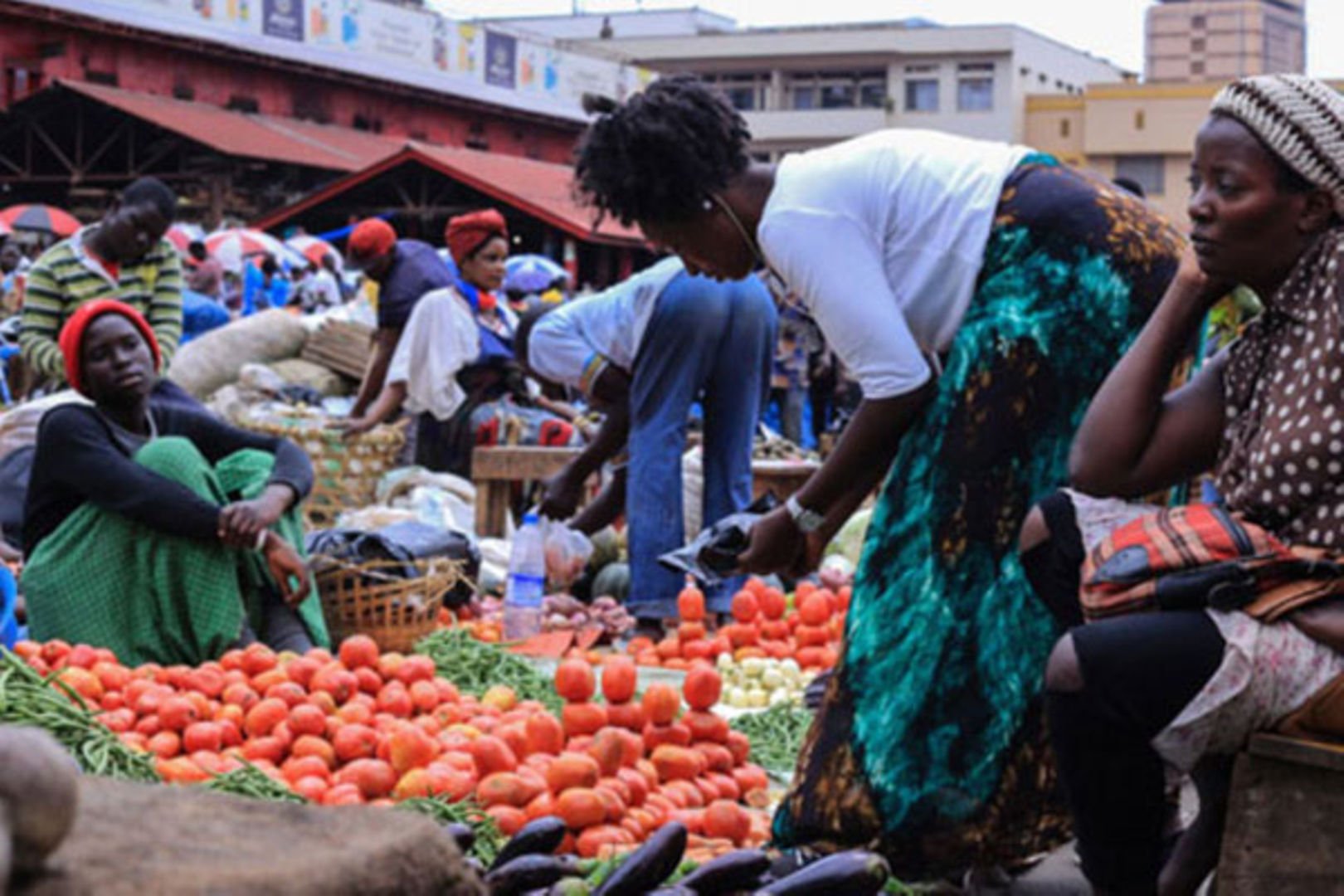
Benjamin Rukwengye
Few relationships are as clear-cut as how grandparents treat their children compared to how they indulge their grandchildren. I should know this because I have had the benefit of growing up with my grandparents well into their nineties.
There was a time when the contestation for what the future of Uganda should look like was among peers. Whether it was the Independence generation, Dr Milton Obote, and the constitutional crisis, right into the fallout that ushered in the Idi Amin era, or the subsequent musical chairs that eventually delivered the NRA/M to Kampala, the players were always of the same ilk.
In many ways, President Museveni (not necessarily the NRM) dismantled this power structure by allowing multiple power centres to coexist. That, however, lasted until about 20 years ago, when he engineered a constitutional amendment that allowed him to stay.
His peers became footnotes, and their children – the generation born in the 70s and early 80s – decided to lie low mostly because they were nursing the traumas of war and deprivation. To compensate for it, many of them – who are now at the helm of government, turned to primitive accumulation of wealth through obscene corruption and plunder of public resources.
However, global exposure, access to resources (through legal and illegal means), and the breakdown of the State – because it became hard to fuse meritocracy with family rule – meant that the next generation – late 80s, 90s, and early 2000s – would be restive.
The grand corruption and patronage had made the State largely dysfunctional. Only those with access had an opportunity to get ahead but they were just a handful. This generation wasn’t beholden to the past but is, instead, anxious to catch up with their peers elsewhere.
They don’t see Uganda for what it used to be but for what it should be. The country and its image are not a reflection of who they are and it increasingly becomes clear that their dreams will not be met.
Mostly, they also know that at an average age of 16 years, it is they who will be here much longer after the leadership, most of whom are in the evening of their lives, are inevitably gone. The very poor ones, a majority, have lost their parents to a health care system that they know is fixable yet they see their peers’ parents flown abroad for specialised treatment on taxpayers’ money.
They support their siblings through a broken education system that might never deliver their dreams yet they know that none of their leaders has a child going to school in even what are considered Uganda’s top schools.
Every waking day, they interact with a headline about a corruption scandal with the same names yet they cannot access capital to bring their business ideas to life. There aren’t enough jobs and they know it. Yet, instead, they are talked at, called names, and told to be grateful that this isn’t the 70s and 80s. But it really isn’t.
And that is who President Museveni faces in the latest contestation over the future of Uganda. Interestingly, they have chosen corruption – an endemic problem for him – as their rallying cry. They know he has shown no will to deal with it – at least not as swiftly as he should. They have also listened to him resignedly complain about it as if he is powerless to act.
They probably don’t want him out of power – at least not yet – but they just want things to work. They want resources allocated to sectors where they are most needed but they also want the most optimal use of those resources. They want him to close the taps and ditch those who hide behind him to plunder.
Also, they are not their parents and President Museveni rightly acknowledges this, by affectionately – albeit patronisingly – referring to them as Bazzukulu. Yet, for some reason, he seems to want to treat them with the same high-handedness and disdain that he has always treated their parents with.
They are loud and fearless. They aren’t tribal or yoked to religion. They are tech-savvy and aren’t beholden to respectability. The only past they know is the one of their parents’ struggles. And unfortunately for him, the biological clock is anchored in their favour. All he has are guns and jail cells – but the kids are in their millions.
Mr Rukwengye is the founder, Boundless Minds. @Rukwengye




